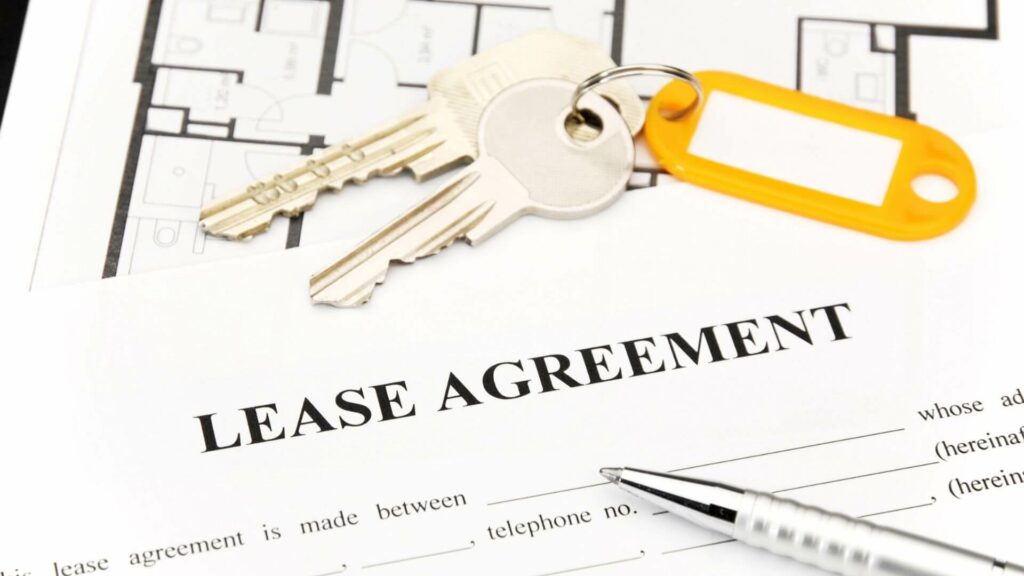When you rent an apartment, you will probably have to sign a lease. A lease is a legal document that allows you the right to occupy the said rental unit for an agreed-upon price and duration of time. There are many things that will race through your brain before you sign the lease, such as how much you owe, what the lease term is best for you, and who else might need to sign the lease with you. Once you sign the lease, you are obligated to occupy the unit for the set amount of time, and if you break the lease or move out early, you may be required to pay fees or penalties. You can be prepared to avoid many of the problems that renters face with leases if you follow the helpful tips below.
Fixed-Term Versus Month-to-Month Lease
Almost all leases will be a fixed-term lease. The average duration of a lease is one year but can be as long as two years. There is no standard number of months in a lease; you can have leases for six months or 15 months as long as you and the landlord agree. The main difference between a fixed-term lease and a month-to-month rental agreement is that month-to-month rental agreements renew every month unless canceled. To cancel a month-to-month lease, a notice must be given with an agreed upon amount of time before the property is vacated. It is important to know if you want a fixed-term lease or a month-to-month rental agreement before renting an apartment.
What to Expect to Pay After Signing a Lease
When you sign a new apartment lease, you should have enough money saved to pay two to four times your set monthly rent. This money will be needed for a security deposit, sometimes a broker’s fee or moving fees, and of course first month’s rent. When you sign your lease, be prepared to pay for much more than just the first month’s rent.
Guarantors and Co-Signers on a Lease
Perhaps you think a landlord will not sign a lease with you because you don’t earn enough money, or your credit score is not good enough. Fortunately, you might be able to have a relative or good friend help you out by co-signing the lease as a guarantor. A guarantor is someone who is legally responsible for paying for the apartment lease or any damages if you should be unable to make any payments.
Unjust Lease Rules
More than might be admitted, tenants will read a lease and find a certain aspect of the lease requirement is unfair. Communicate with your landlord before you neglect the unfair rule(s) as it is possible to get the rules changed. Ignoring unjust agreements entirely however, could get you kicked out.
Moving Out Early or Breaking Your Lease
It is rather difficult and uncommon, but there are ways to break your fixed-term lease early without paying any penalties or fees, but this is very rare. If you have to break your lease, talk to your landlord about how to do so without having a penalty charge, or at the very least, minimizing any fees or penalties that you will have to pay.








